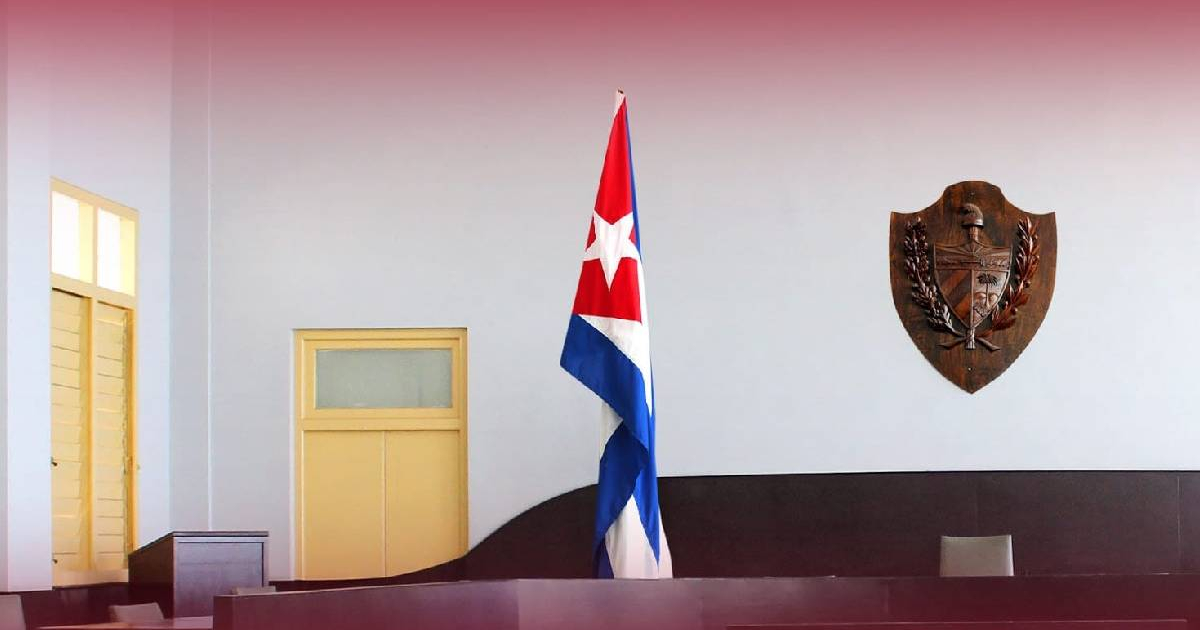Authorities in Santiago de Cuba have conducted several public trials in the past month to curb the rising crime rates in the province, according to official reports. The Municipal People's Court of Songo-La Maya in Santiago de Cuba has held four public trials following a request from the Supreme People's Court to "reinforce prevention and education in the community through judicial transparency," reported the official newspaper Sierra Maestra.
Geovanis Mestre Herrera, a Master of Science and the presiding judge of the Provincial People's Court of Santiago de Cuba, explained that these public trials aim to ensure public participation and educate the community about the legal consequences of certain criminal behaviors as part of a general prevention strategy.
Among the cases addressed, two involved attacks on law enforcement officers and the other two focused on the illegal slaughter of livestock and meat trafficking, a problem that has significantly impacted the local economy and food security, according to the regime. One cited example was an individual caught transporting illegal beef on public transport.
The newspaper emphasized that "the trials were marked by stringent adherence to due process," where the defendants had legal representation and the opportunity to defend themselves. Sanctions were applied in accordance with Cuban law.
The regime claims that these trials are not just about punishment but also about deterring future crimes by publicly demonstrating the consequences of illegal actions. This initiative comes after the government acknowledged a concerning rise in crime on the island during the first half of 2024.
In February, several public trials were held in the capital, including one for a farmer's murderer and cattle butcher, who was sentenced to life imprisonment. Particularly in Santiago de Cuba, there has been a notable increase in crime, including violent robberies and street assaults, many of which were observed during last month's carnivals.
Understanding Public Trials in Santiago de Cuba
Here are some frequently asked questions to provide more clarity on the public trials and their impact on Santiago de Cuba's crime situation.
What is the purpose of public trials in Santiago de Cuba?
The public trials aim to ensure public participation and educate the community about the legal consequences of certain criminal behaviors, as part of a broader strategy for crime prevention.
What types of crimes were addressed in these public trials?
The trials addressed crimes such as attacks on law enforcement officers, illegal slaughter of livestock, and meat trafficking, which have significantly impacted the local economy and food security.
How does the regime justify these public trials?
The regime argues that these trials serve to deter future crimes by publicly demonstrating the consequences of illegal actions, in addition to administering justice.
What has been the impact of these public trials on crime rates?
While the regime claims these trials help in crime prevention, the actual impact on crime rates remains to be thoroughly evaluated.
